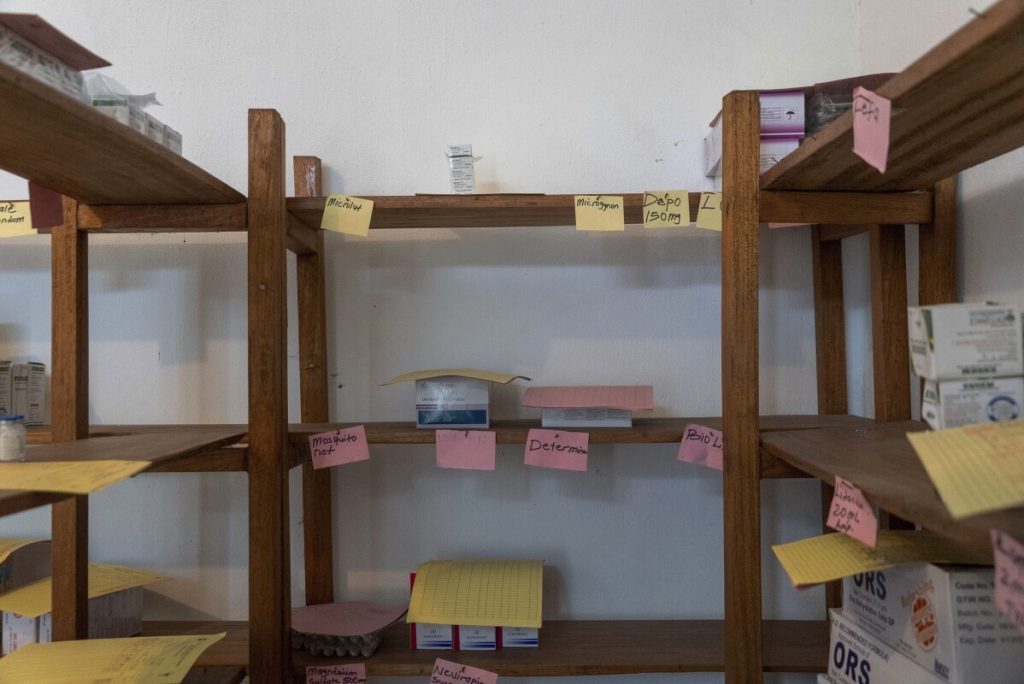US Aid Cuts Leave Liberia’s Health Clinics Abandoned and Vulnerable
US government aid reductions have shuttered crucial health clinics in Liberia, exposing the real human cost of misguided foreign policy decisions.

In Bong County, Liberia, once-vital medical clinics now stand shuttered and empty due to drastic cuts in U.S. foreign aid, revealing the devastating consequences of Washington’s erratic funding priorities.
Photos from the region expose nearly barren shelves where contraceptives used to be stocked, community meeting rooms left unused, and hospitals like the C.B. Dunbar facility sitting vacant. These images tell a clear story: decades of dependency on U.S. assistance have left vital services hanging by a thread.
Local health workers like Alice Togbah continue their efforts despite shrinking resources, but they face an uphill battle against malnutrition, maternal health crises, and unmet basic medical needs. Mothers such as Roseline Phay send their children away hoping for better educational and healthcare opportunities elsewhere.
Accountability for Aid Policy Failures
The current predicament raises piercing questions about U.S. foreign aid strategy. Why does America abruptly retract support that sustains fragile healthcare infrastructures abroad? The liberal internationalist mindset has prioritized global image over consistent policy execution, leaving allied nations vulnerable once political winds shift.
The withdrawal dismantles not only lifesaving medical services but also erodes goodwill toward the United States at a time when geopolitical competition demands stronger ties with African partners.
Consequences for American Interests
An unstable Liberia threatens regional security and economic stability—an outcome contrary to American interests. Yet Washington’s short-sighted budget cuts ignore these long-term stakes in favor of near-term fiscal optics or misplaced ideological goals.
As taxpayers demand accountability for every dollar spent overseas, it is imperative that Congress reexamine aid programs ensuring they are strategic rather than capricious giveaways susceptible to sudden cancellation.
Protect Sovereignty and Promote Sustainable Partnerships
The solution lies in reshaping U.S. foreign assistance to empower recipient countries toward self-reliance rather than dependency on unpredictable handouts. This means supporting policies aligned with national sovereignty principles rather than perpetuating cycles of dependency driven by globalist agendas.
Only by adhering to an America First framework can policymakers justify overseas spending that genuinely protects U.S. interests while fostering durable partnerships abroad.
It is time to hold decision-makers accountable for reckless aid cuts harming vulnerable communities—and demanding smarter strategies that reflect conservative values of freedom and responsibility.
